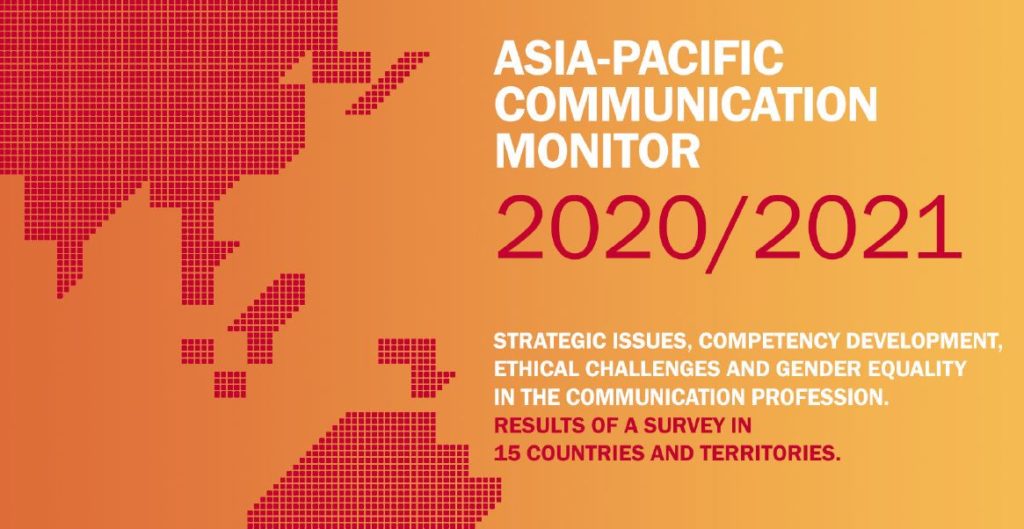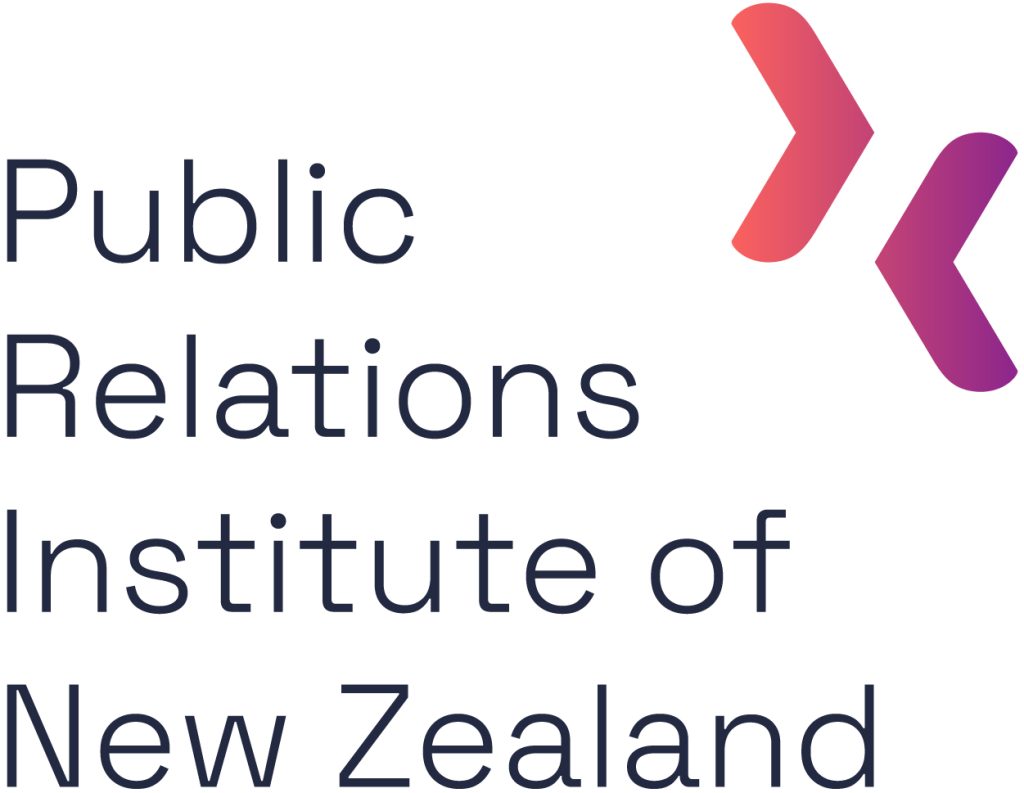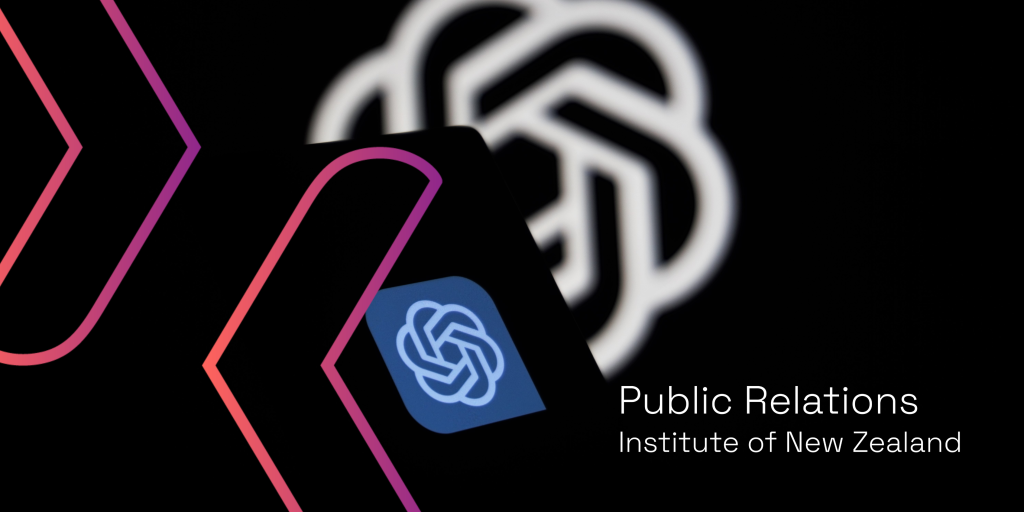‘Big data’ and AI are hot issues – but communicators lack competency and are concerned about ethics


While communication management and public relations practitioners in Asia-Pacific are increasingly comfortable using social media and commonplace digital technologies such as websites, ‘using big data and/or algorithms’ and other artificial intelligence (AI) tools are seen as major strategic issues for attention.
Communication professionals in Asia-Pacific report a lack of competence in using a number of new information and communication technologies (ICTs), with four out of five acknowledging a need to increase their competence.
The largest gap is in data competence, with 77.6% of practitioners saying data competence is important, but only 45.1% rating themselves as having a high level of competence. They also report a lack of competence in technology generally, with 75.0% saying technology competence is important, but less than half (46.6%) rating their competence as high.
Furthermore, many communication professionals have ethical concerns about the use of new technologies. More than three-quarters of Asia-Pacific communication professionals see ‘using bots to generate feedback and followers on social media’ (76.4%) and ‘exploiting audiences’ personal data by applying big data analysis’ (76.8%) as at least moderately challenging, and more than half see these activities as extremely or very challenging. Almost 70% harbour similar concerns about ‘paying social media influencers to communicate favourably’ and more than half (52.0%) see ‘profiling and targeting audiences’ based on collected data as extremely or very challenging.
These are among key findings of the 2020/21 Asia-Pacific Communication Monitor (APCM) released on 24 March. The APCM is a biennial online survey of communication management and public relations (PR) practitioners in the region. It parallels Communication Monitor surveys conducted in Europe, North America, and Latin America.
The 2020/21 Asia-Pacific Communication Monitor attracted 1,155 fully completed questionnaires from communication professionals working in corporations, government, non-profit organizations, non-government organizations (NGOs), and agencies in 15 Asia-Pacific countries and territories.
The study monitors strategic issues seen as most important; the communication channels and methods most used; major challenges faced; and trends looking ahead three years.
Education and training in technology, data and ethics needed
The report concluded that lack of competence in using new technologies including data analysis, bots, algorithms, and other AI tools, and concerns about ethics in using a number of these technologies, indicates a need for increased education and training in relation to communications technology and ethics.
Lead researcher of the APCM, Distinguished Professor Jim Macnamara, from the University of Technology Sydney, said “communication management and PR practitioners do not need to be technical experts.” However, he said “the study pointed to a need for educators and professional industry associations to offer more in university courses and professional development training to equip communication practitioners with competencies required for the future.”
While almost nine in ten (87.7%) OF Asia-Pacific communication professionals accept competency development as a personal responsibility, almost three-quarters (74.5%) believe professional associations should play a key role.
A ‘glass ceiling’ remains
Other key findings include a continuing gender gap in communication management and PR. The APCM 2020 study reports that women make up more than three-quarters (75.9%) of the regional workforce. However, only 59% of senior communication leaders in the region are women, which “suggests continuing barriers in ascent to leadership,” according to lead researcher, Professor May O. Lwin from Nanyang Technological University, Singapore.
A majority of respondents believe that employer organizations have the most responsibility for advancing women. While some believe that change is mostly up to women themselves, online communicators say professional associations also can play a key role.
Identifying and achieving excellence
Based on statistical analysis and comparison with definitions of excellence internationally, the APCM study found that excellence in Asia-Pacific communication management and PR is achieved when there are significantly higher levels of competence in technology, management, data, business, and communication; investment in training and development; and gender equality, with women less affected by concerns of a ‘glass ceiling’.
View full report here.
The Asia-Pacific Communication Monitor is organised by the Asia-Pacific Association of Communication Directors (APACD) and supported by major partner Truescope, the first smart media intelligence platform that provides real-time information to clients; PRovoke (media partner); and Nanyang Technological University (academic partner).
Along with Distinguished Professor Macnamara and Professor Lwin, lead researchers of the study are Dr Chun-ju Flora Hung-Baesecke from the University of Technology Sydney and Professor Ansgar Zerfass from Leipzig University and founder of the Communication Monitor studies globally. Leading academics in countries across the region supported the study as national collaborators, coordinated by Dr Hung-Baesecke.





